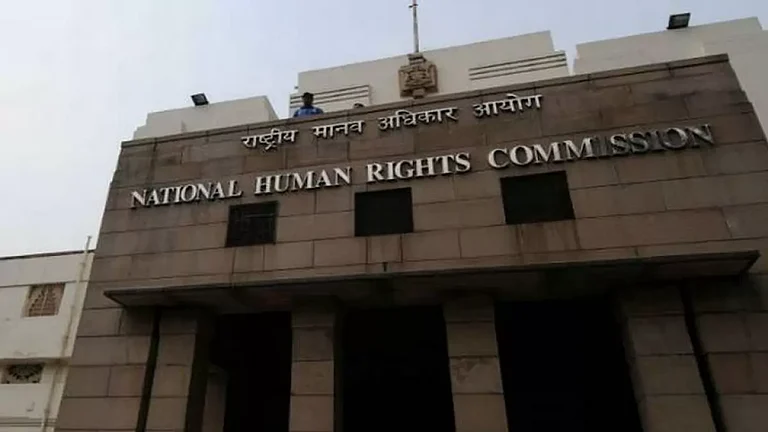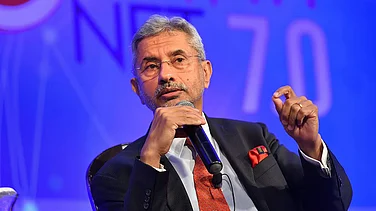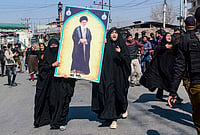Describing a US State Department report on India citing alleged incidents of human rights violations including in Manipur as "deeply biased", Ministry of External Affairs (MEA) spokesperson Randhir Jaiswal on Friday said the report reflected a 'poor understanding of India.'
The annual report of the State Department highlighted instances of human rights abuses in Manipur following the outbreak of ethnic conflict.
What did the MEA say?
"This report is deeply biased and reflects a poor understanding of India," External Affairs Ministry spokesperson Randhir Jaiswal said.
"We attach no value to it and urge you to do the same", Jaiswal added.
In a befitting response to the report, Jaiswal also commented on the ongoing protest at Columbia University saying, "We have seen reports on the matter and have been following related events. In every democracy, there has to be the right balance between freedom of expression, sense of responsibility and public safety and order. Democracies in particular should display this understanding in regard to other fellow democracies. After all, we are all judged by what we do at home and not what we say abroad..."
About the annual report of the US State Department
According to the India section of the report, several local human rights organisations, minority political parties and affected communities criticised the country's government for the delayed action to stop violence and provide humanitarian assistance in Manipur.
The State Department report mentioned the raids by Indian tax authorities on the office of British Broadcasting Corporation (BBC).
The report also highlights several press and civil society reports of representatives of political parties using disinformation tactics against civil society organisations, religious minorities, such as Sikhs and Muslims, and the political opposition, sometimes depicting them as security threats.
Referring to the tax raids on BBC offices, the report said although tax authorities described the searches as motivated by irregularities in the BBC's tax payments and ownership structure, officials also searched and seized equipment from journalists who were not involved in the organisation's financial processes.
"The government invoked emergency powers to ban screening of the documentary, forced media companies to remove links to the video, and detained student protesters who organised viewing parties," the State Department alleged, referring to a BBC documentary on the 2002 Gujarat riots, the screening of which was banned in India.
























